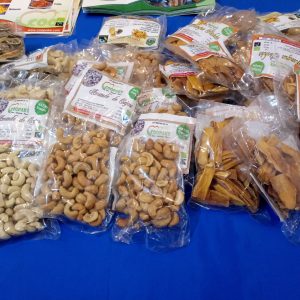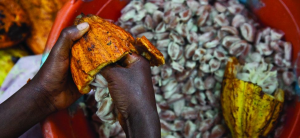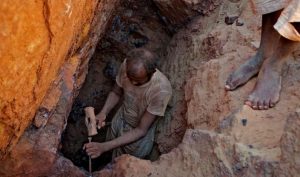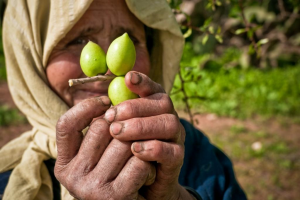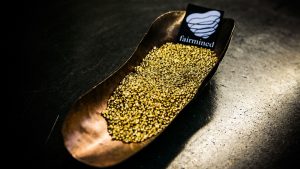
COCOCA: coffee in Burundi
In Burundi, ‘Horamama’ first and foremost brings to mind a traditional song which women sang on their way to the field or on their way home. The word means ‘courage’ or ‘power’ and helps them forget their tiredness. Today, Horamama is also a coffee brand of COCOCA, a union of 39 cooperatives from across the country.

